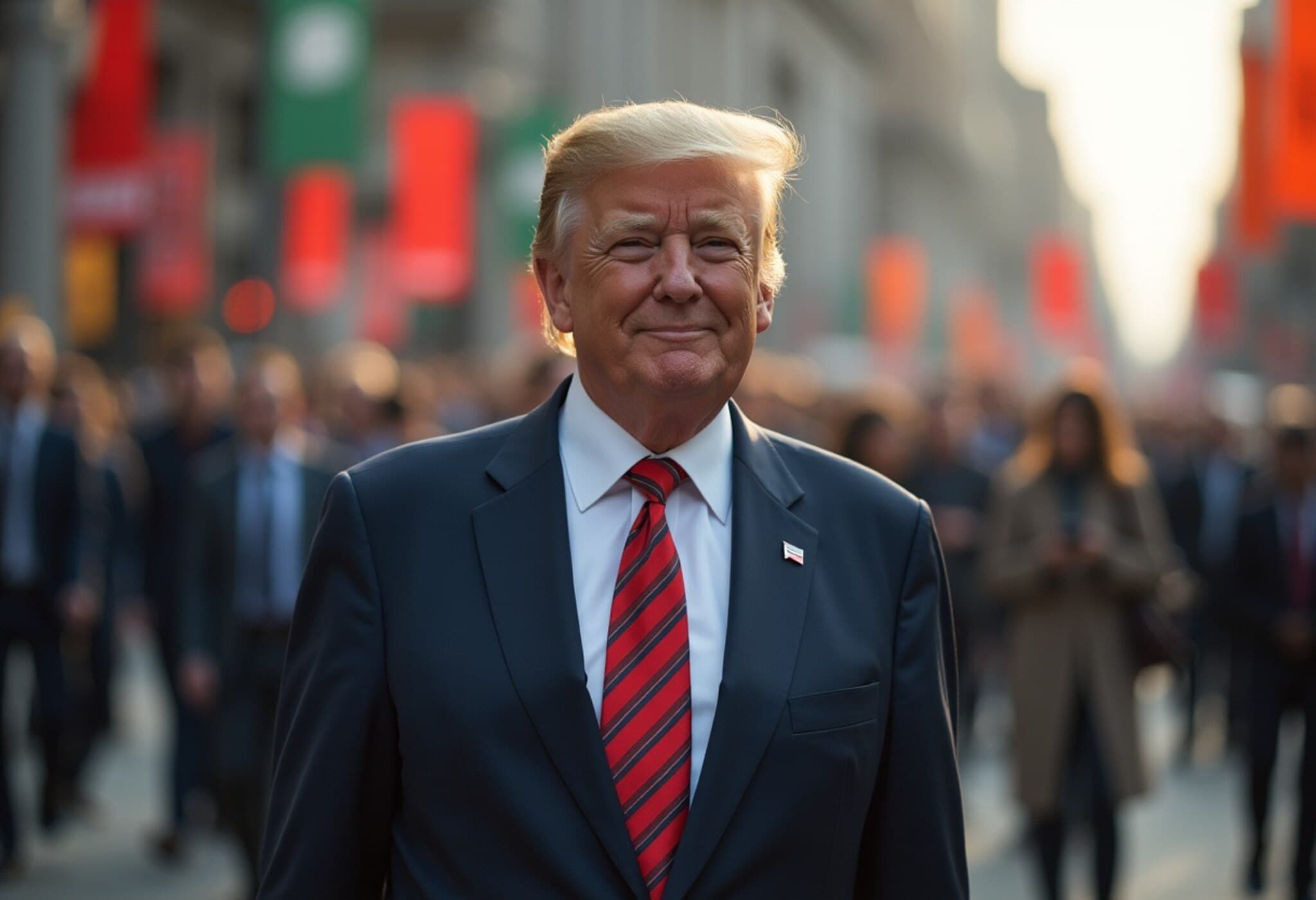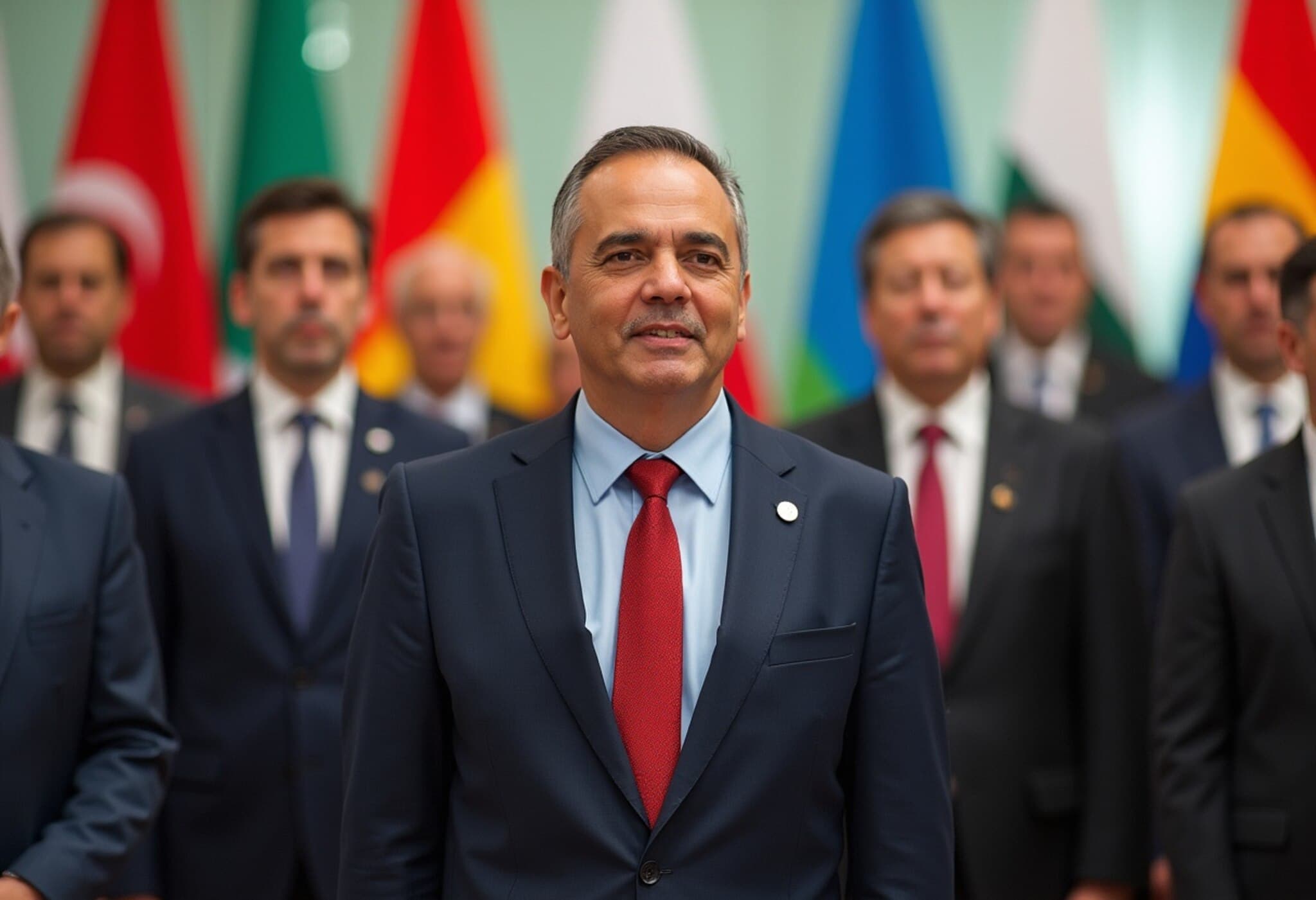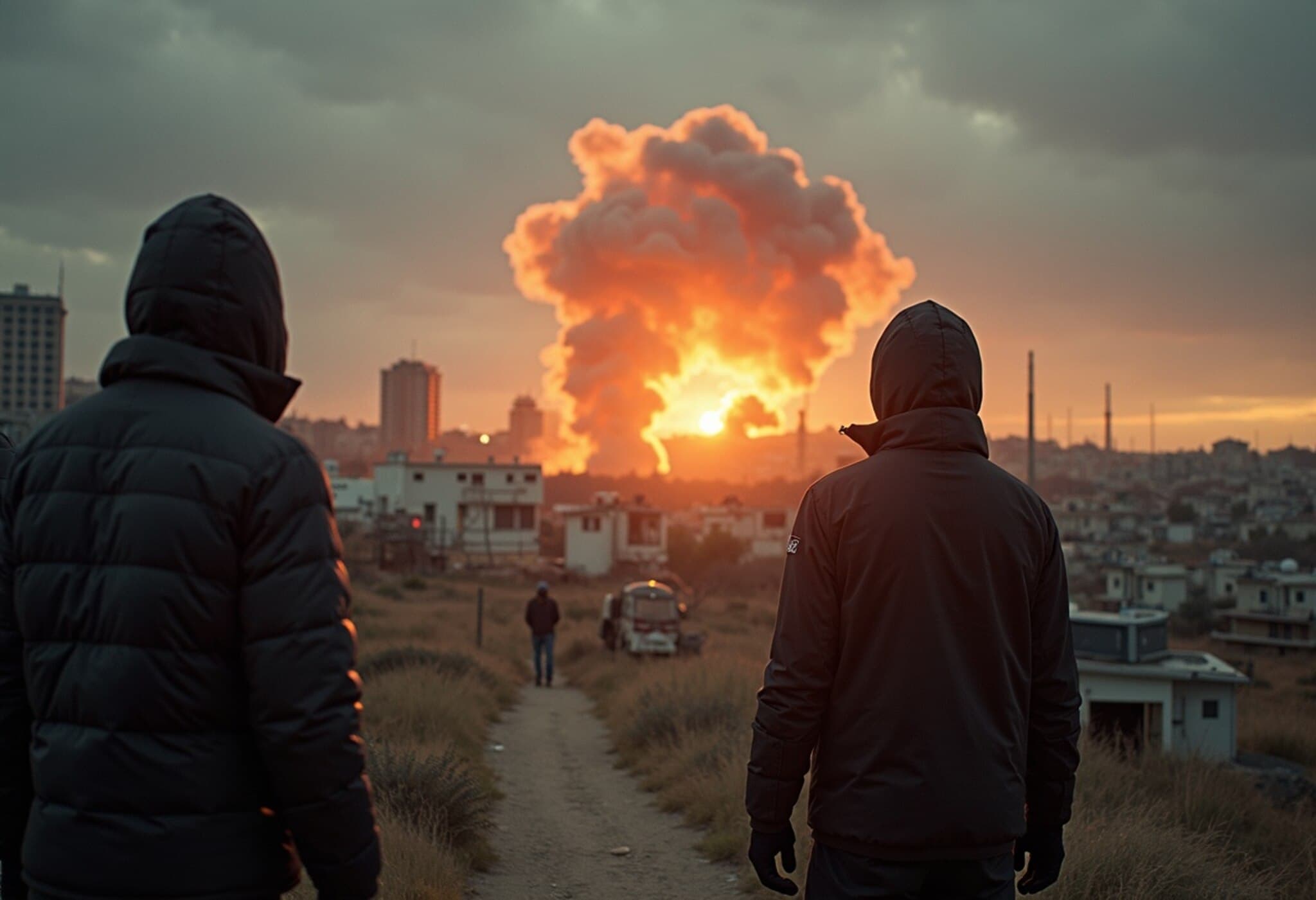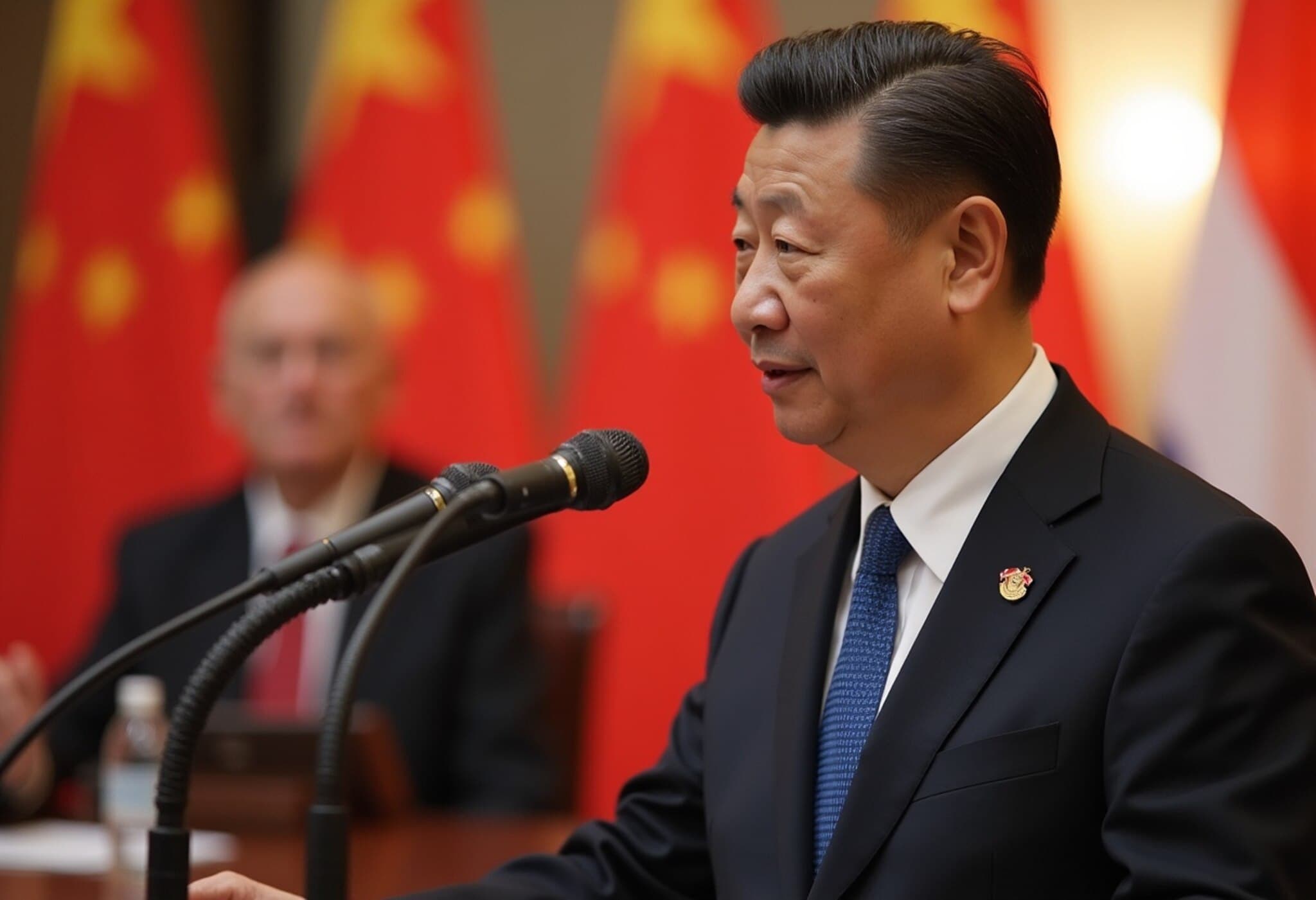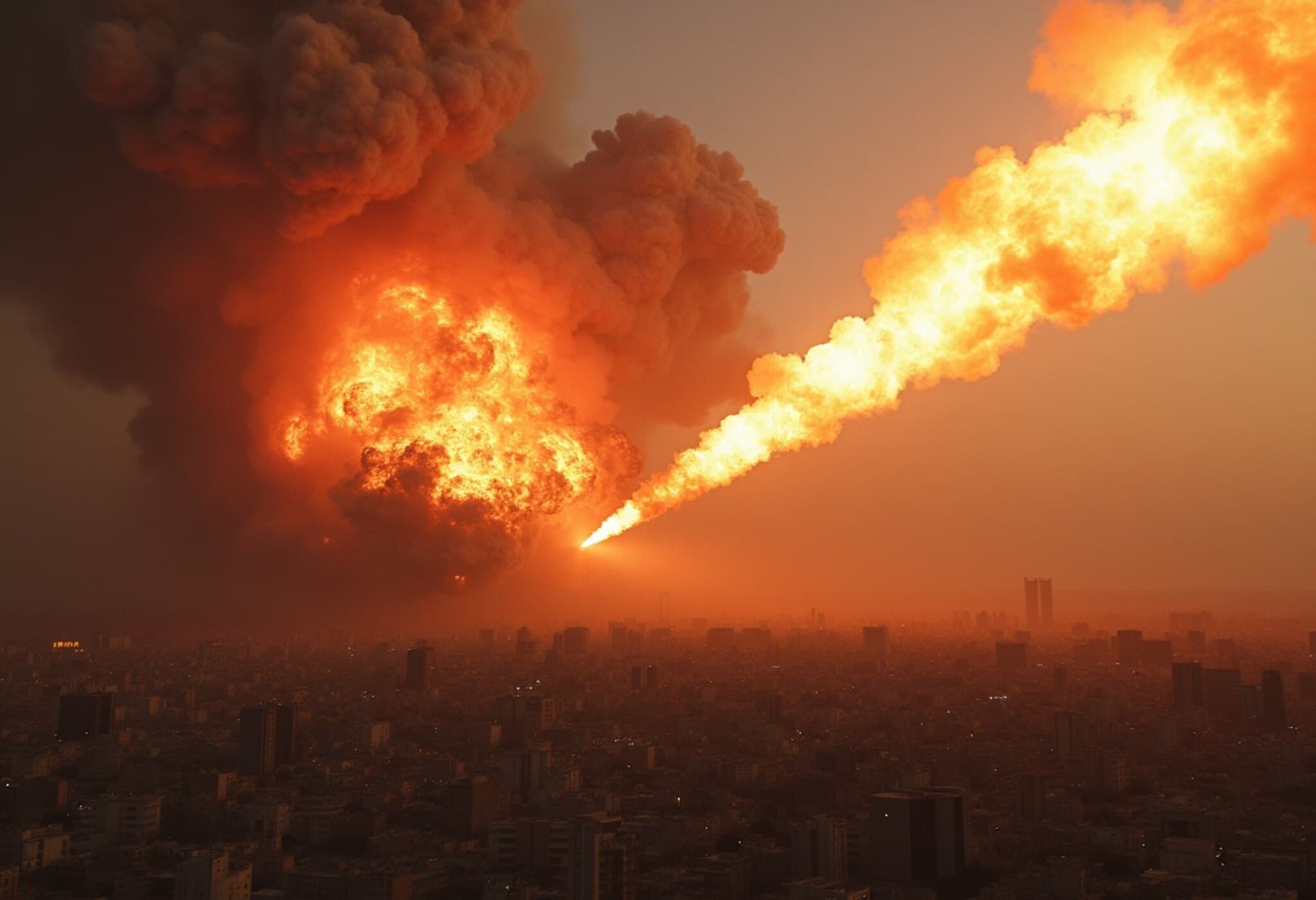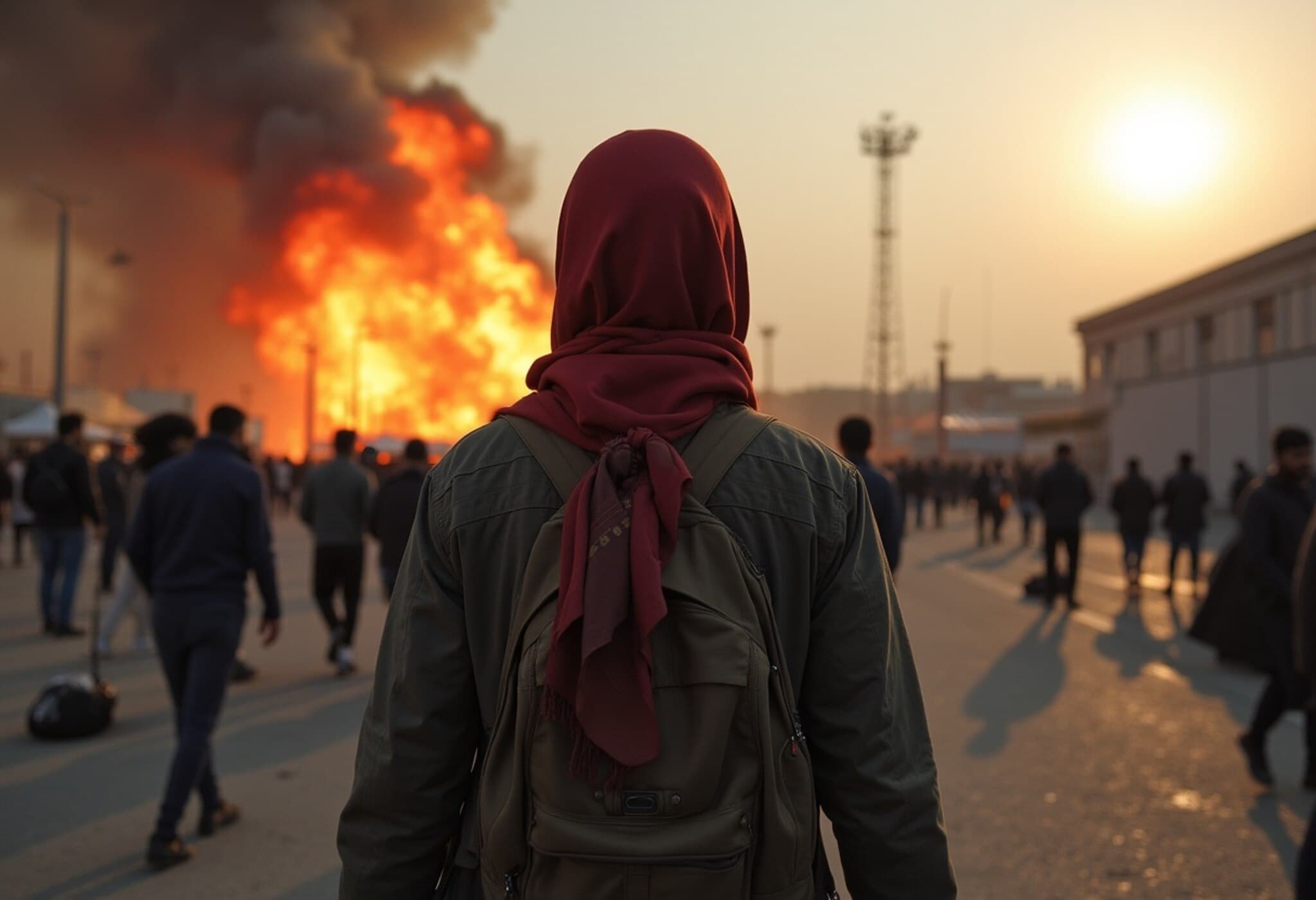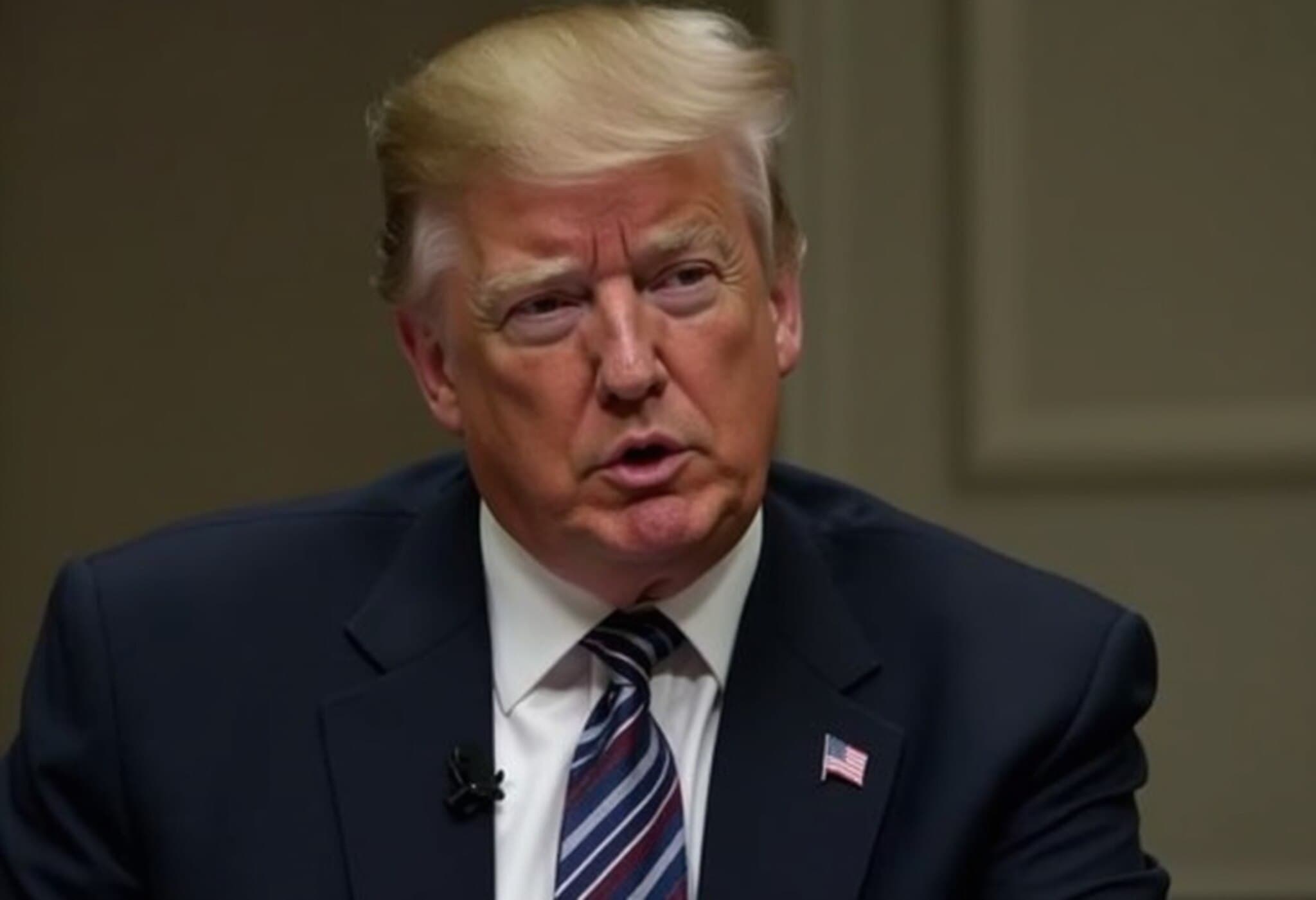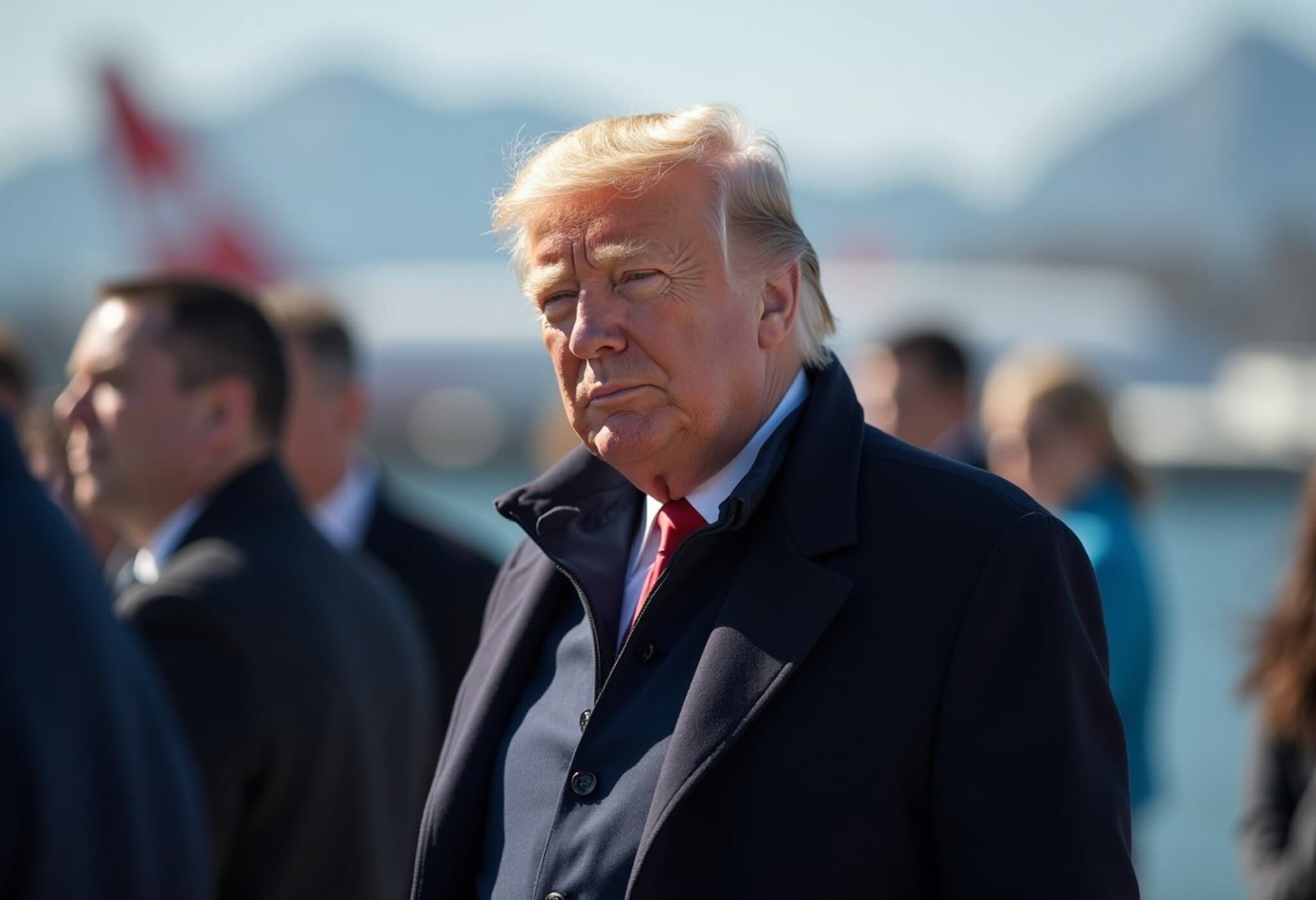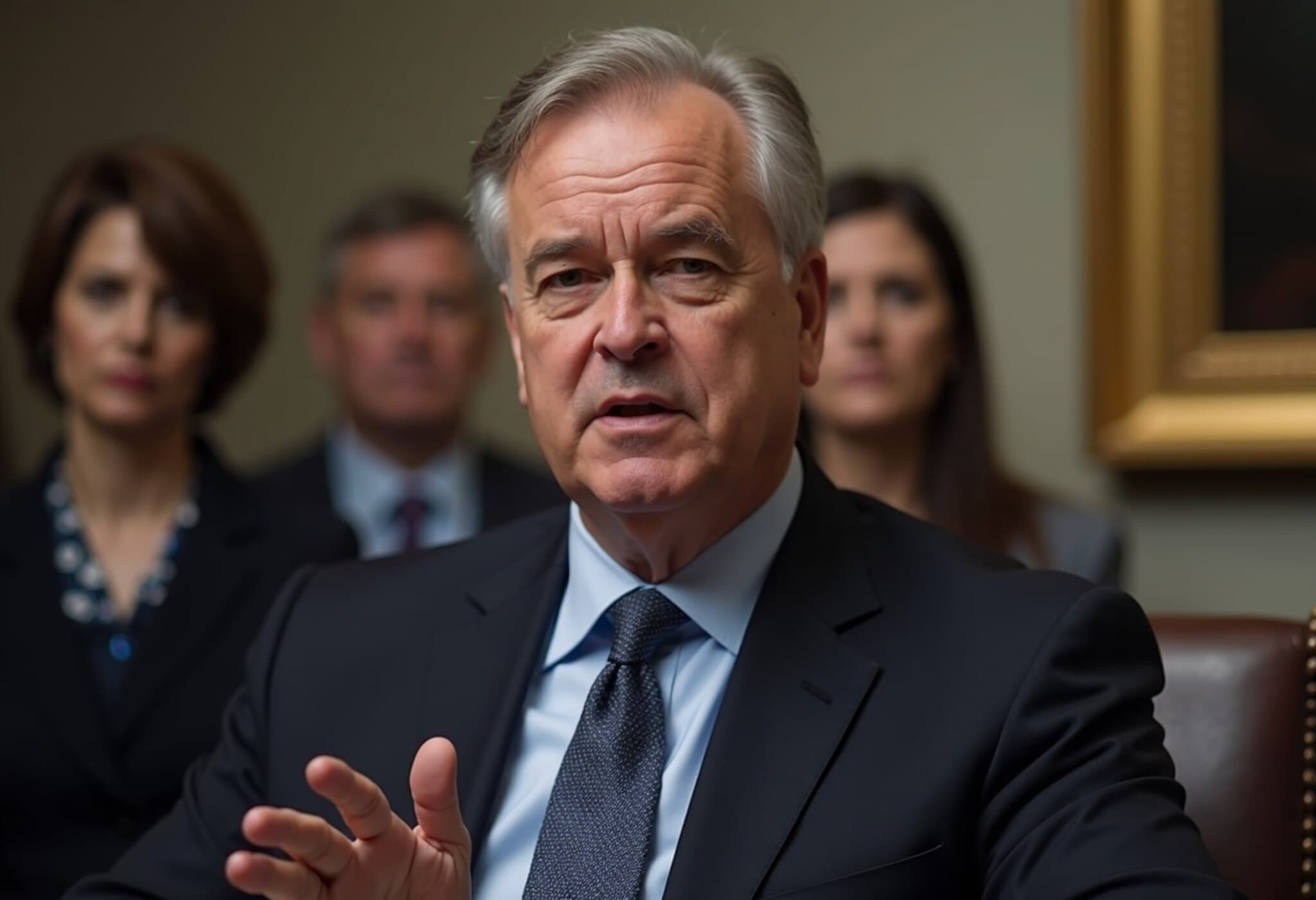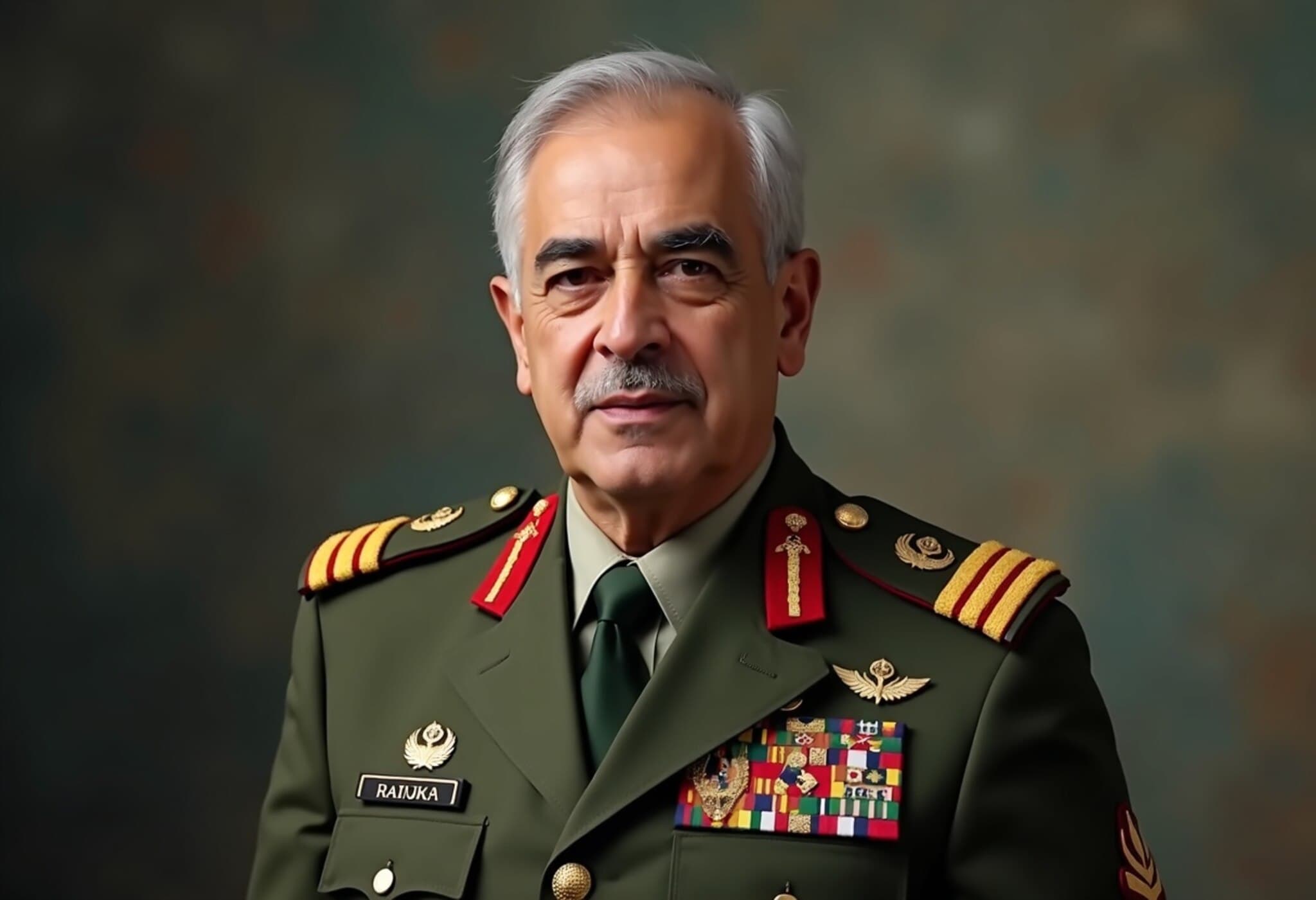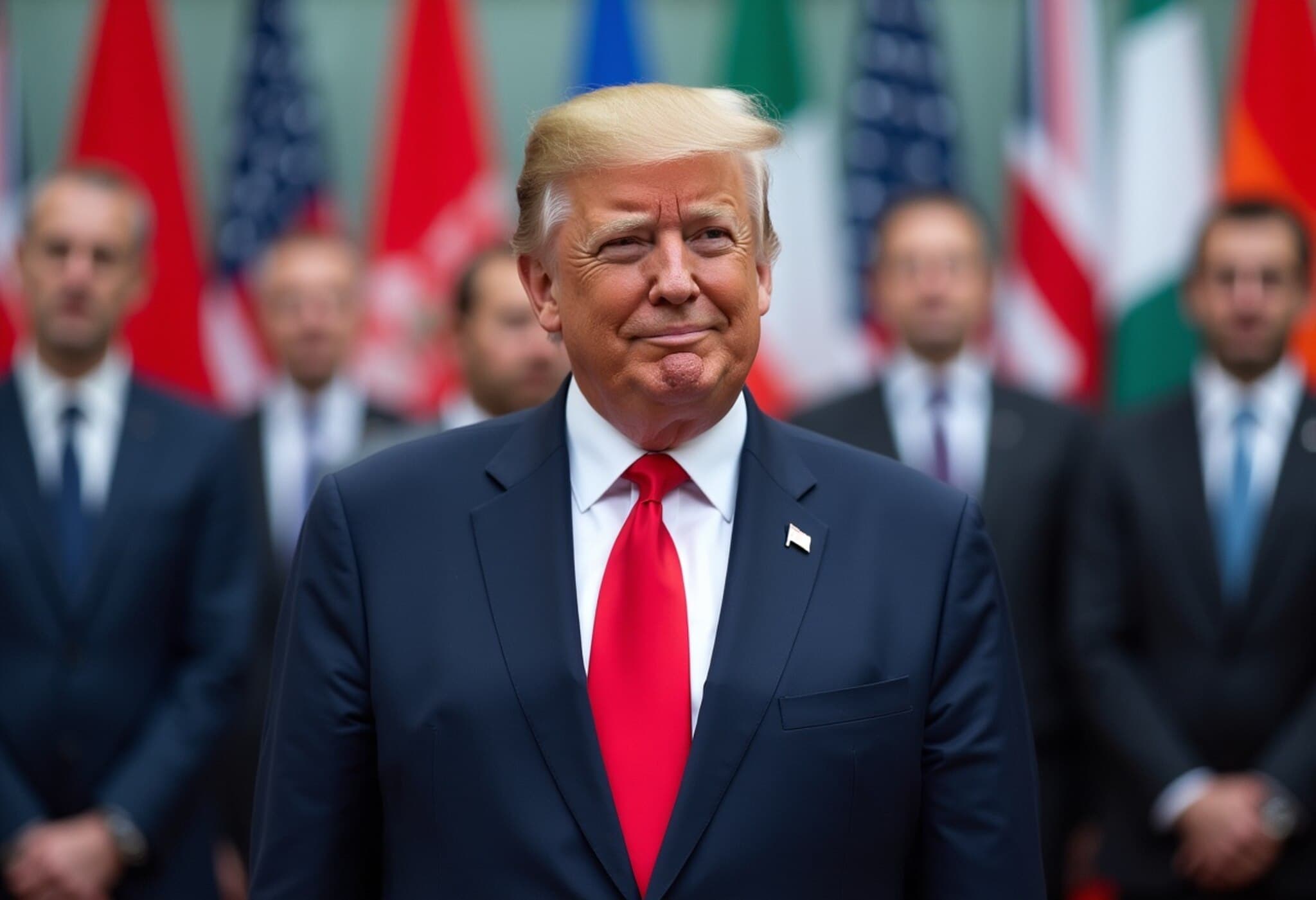US Pulls Out of UNESCO: History of Turbulence and Political Discord
For the third time in less than four decades, the United States has decisively withdrawn from UNESCO, the United Nations’ specialized agency dedicated to education, science, and culture. The recurring rupture stems from deep-seated political disagreement, primarily over UNESCO’s recognition of Palestine as a member state—a move the US sees as fueling biases against Israel.
The Latest Withdrawal: A Continuation of a Rocky Relationship
On July 23, 2025, the US Department of State announced that the country’s continued involvement in UNESCO no longer serves its national interest. State Department spokeswoman Tammy Bruce condemned UNESCO's “divisive” and “ideological” posture, accusing the organization of promoting a globalist agenda tied to the UN’s Sustainable Development Goals (SDGs), which the US perceives as misaligned with its priorities. But the catalyst, once again, was the formal inclusion of Palestine in UNESCO, which Washington argues institutionalizes anti-Israel sentiment within the agency.
Tracing the US-UNESCO Relationship Back to Reagan
This cycle of estrangement is not new. The US first pulled out under President Ronald Reagan in 1984, expressing concerns over corruption, mismanagement, and what was perceived as a Soviet-aligned political slant during the Cold War. The nation rejoined in 2003 amid President George W. Bush's administration, reflecting a period of strategic re-engagement.
However, tensions reignited in 2011 when UNESCO admitted Palestine as a member state. This led the US to freeze funding — a significant blow as America was the agency’s largest contributor, providing nearly 22% of its budget. Israel, in tandem, ceased contributions in protest. With funding diminished by roughly a fifth, UNESCO faced cuts to vital programs worldwide.
President Donald Trump’s administration enacted a full withdrawal in 2018, citing repeated accusations of anti-Israel bias. Yet, the Biden administration reversed course in 2023, rejoining the organization to reassert US influence, especially as China's role in UNESCO's policymaking expanded amid Washington’s absence.
UNESCO’s Vital Role Amid Middle East Conflict
Despite the political volatility, UNESCO continues to play a crucial humanitarian and cultural role, particularly in conflict zones like Gaza. As violence devastates communities, UNESCO has been actively supporting displaced children and families. According to the agency’s reports, since the war's outbreak, 1,580 children in southern Gaza's Khan Younis and Rafah areas have received mental health and psychosocial support. Additionally, 810 caregivers have participated in workshops to enhance their ability to provide sustained emotional aid.
This kind of support is critical in war-torn regions where psychological trauma endangers the social fabric. UNESCO’s work serves as a lifeline for vulnerable populations amid ongoing crises—underscoring the complexity that political disputes bring to humanitarian action.
Palestine’s Membership: The Heart of the Rift
Palestine was officially adopted as a UNESCO member in 2011 during a General Conference vote: 107 in favor, 14 against, with 52 abstentions. UNESCO's then Director-General, Irina Bokova, cautioned at the time that this decision risked alienating the US, the largest financial backer.
She warned, “I am worried we may confront a situation that could erode UNESCO as a universal platform for dialogue. It is well known that funding from our largest contributor, the United States, may be jeopardized.” Bokova emphasized the collective responsibility to prevent damage to UNESCO’s budget and mission, stating, “UNESCO’s work is too important to be jeopardized.”
Expert Insight: The Broader Implications for US Foreign Policy and UNESCO
This latest US withdrawal raises pressing questions about the future of multilateral cooperation on culture, education, and heritage preservation at a time when global crises demand collective responses. Experts suggest that these repeated disengagements do not merely reflect disagreements over Palestine but also signal broader challenges in reconciling nationalist interests with internationalism.
Washington’s strategy seems to oscillate between punitive withdrawal and cautious re-engagement, driven by competing goals: supporting Israel, countering perceived political biases, and maintaining influence over global agendas, including those shaped by rivals like China.
From a legal and policy perspective, the US’s moves spark debate about the consequences of politicizing international organizations whose mandates center on education, cultural heritage, and humanitarian crises. The repeated funding cuts leave UNESCO scrambling to fill gaps, impacting vulnerable communities worldwide.
Looking Ahead: Can UNESCO Navigate Political Crossfires?
As UNESCO strives to uphold its mission, the question remains whether it can maintain impartiality and fiscal stability amid ongoing geopolitical conflicts.
- Will UNESCO adapt structurally to insulate its programs from political rivalries?
- Can the US and UNESCO find common ground that respects both diplomatic sensitivities and the agency’s humanitarian goals?
- How can other member states support UNESCO’s work to mitigate losses caused by US and Israeli withdrawals?
These questions not only resonate in Washington and Paris but matter to millions globally who depend on UNESCO’s health and effectiveness.
Editor’s Note
The US’s withdrawal from UNESCO opens a familiar yet complex chapter of diplomacy tangled in cultural politics and Middle Eastern conflict. While the justification focuses on Palestinian membership and perceived biases, this move underscores a larger struggle: balancing national interests with global cooperation in an increasingly multipolar world. As UNESCO continues critical humanitarian efforts, particularly in areas devastated by conflict, the agency's resilience and adaptability will be tested like never before. Readers are encouraged to reflect on how international organizations can safeguard their missions amid geopolitical pressures and what role individual nations should play in fostering or fracturing global solidarity.

